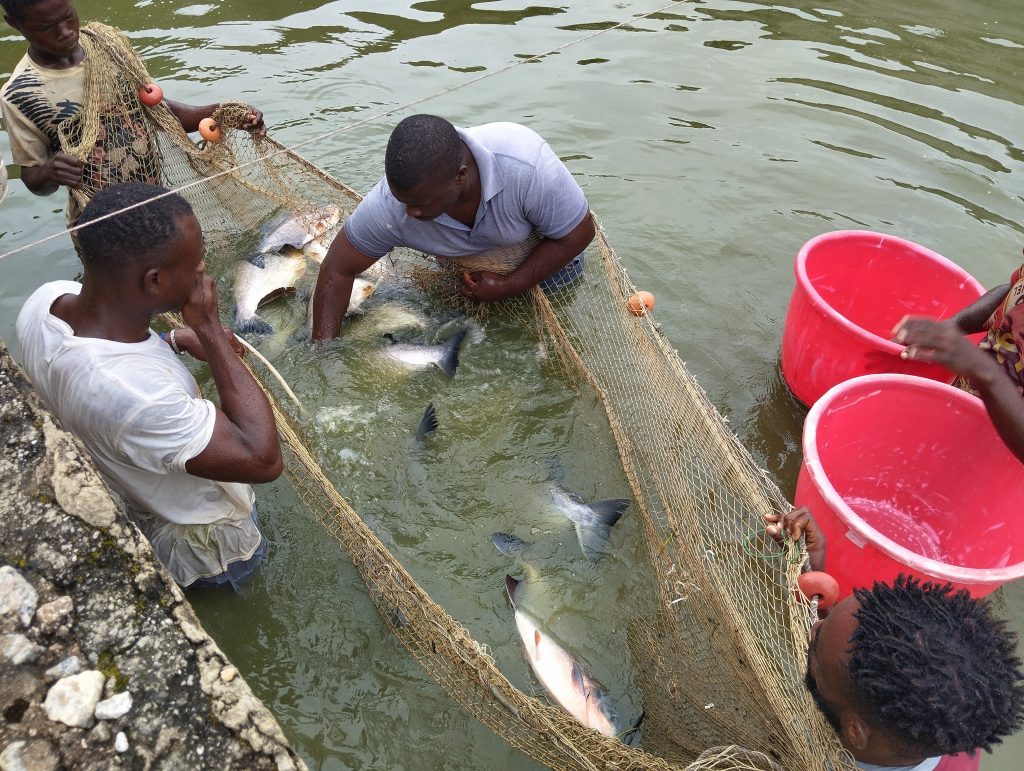
Aquaculture has gained significant attention in Nigeria as a means of addressing the growing demand for high-quality protein sources while also providing economic opportunities for local communities. Nigeria’s population is growing rapidly, and with it, the demand for fish is escalating. Fish is a primary source of protein for Nigerians, making it a vital part of their diet. As urbanization continues, the demand for convenient and readily available protein sources is higher than ever. Unfortunately, the pressure on wild fish stocks and the stagnation of traditional fishing practices are unable to meet this rising demand.
As this demand continues to surge, the aquaculture industry in Nigeria is responding to the challenge by promoting the farming of Freshwater Brama, a species that holds immense potential for meeting the growing appetite for fish. Freshwater Brama farming is a thriving industry that responds to the increasing demand for fish, particularly in regions where this species is farmed. Its adaptability, rapid growth, and nutritional value make it a valuable asset in the aquaculture sector, contributing to economic growth and food security.
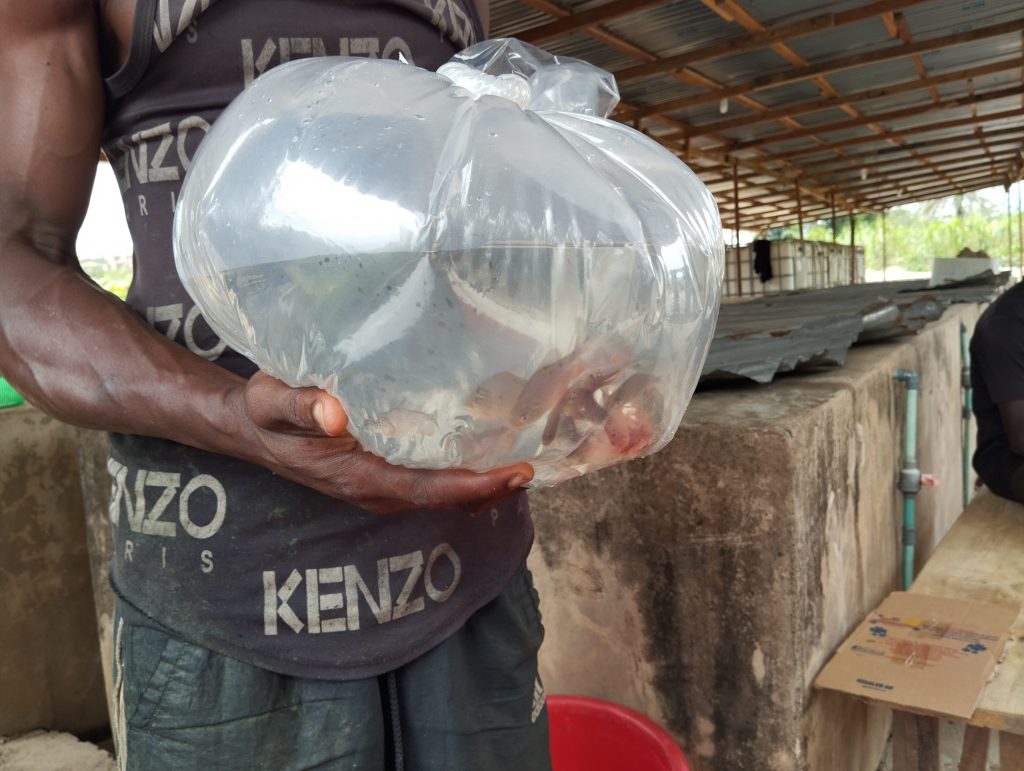
Advantages of Freshwater Brama
- It is a freshwater fish
- It is a scaly freshwater fish
- They are omnivorous
- It has a high market value and consumer preference due to its tasty and nutritious meat
- they can be farmed under monoculture and polyculture system
- Has low feed intake compared to other farmed freshwater species
- They grow very large and can reach 50kg weight
- It is less bony and its fillet has has a good texture
- High disease resistance
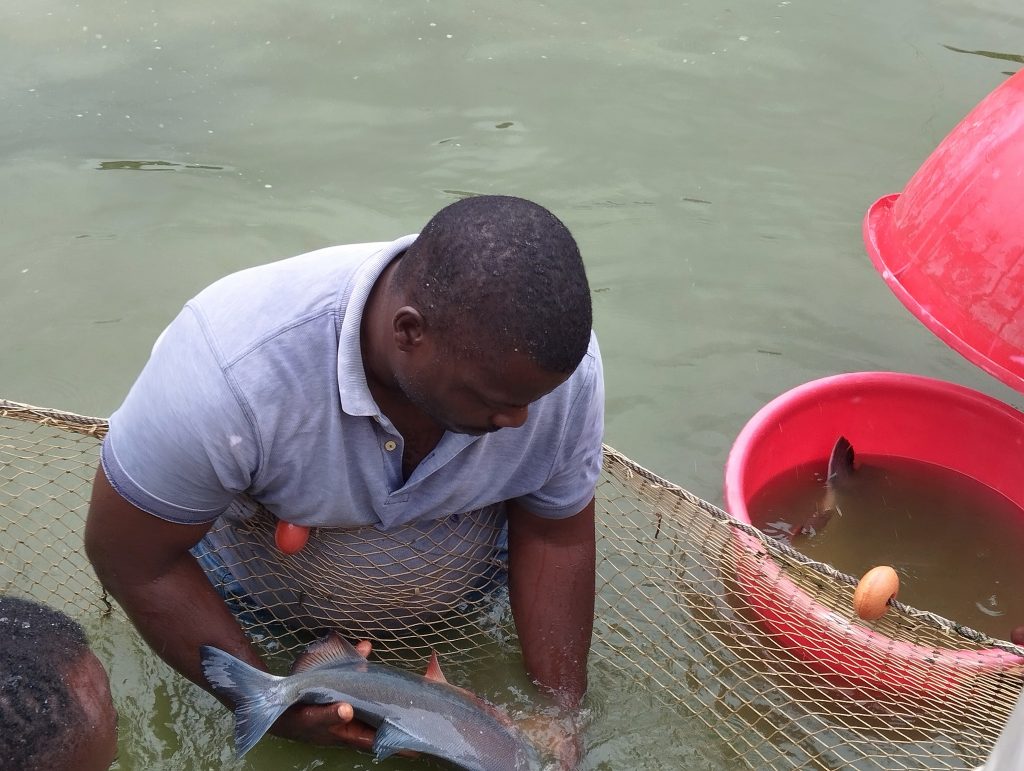
The successful breeding of Freshwater Brama by AQUAPET in Nigeria is a noteworthy achievement that reflects our dedication to research and development. This accomplishment brings several benefits and positive impacts to the aquaculture industry in Nigeria and the region as a whole:
- Improved Local Food Production
- Economic Growth
- Sustainable Farming
- Diversification of Fish Species
- Innovation in Aquaculture
- Reduced Dependence on Imports
- Positive Impact on Local Ecosystems
- Community Resilience
- Quality Protein Source
- Potential for Global Markets
Freshwater Brama aquaculture has proven itself to be a game-changer in the country’s pursuit of sustainable food production. With an astounding success rate ranging from 95% to 98%,

In a nation with a growing demand for fish, Freshwater Brama emerges as a beacon of hope for sustainable aquaculture in Nigeria. Its adaptability, rapid growth, and nutritional quality make it a shining example of a species that aligns perfectly with the unique environmental conditions and market demands in the region.
PROCESSING VALUE
Freshwater Brama (Colossoma macropomum) stands out as a promising breed that holds the key to an exciting realm of value addition and economic growth for processors. With its unique characteristics and versatility, Freshwater Brama offers numerous prospects for adding value to the fish processing industry.
Freshwater Brama is renowned for its succulent, boneless meat with a mild flavor. This prime meat quality is a canvas for processors to create a variety of value-added products that cater to the discerning tastes of consumers.
Freshwater Brama meat is a versatile ingredient for processors. It can be transformed into fillets, smoked fish, frozen fish, fish balls, fish sausages, and countless other products. Its adaptability in various culinary applications makes it a sought-after choice for creative food production.
Freshwater Brama is packed with high-quality protein, low fat content, and essential nutrients. Processors can leverage these nutritional attributes to develop health-conscious products that meet the growing demand for nutritious foods.
For processors with established product lines, freshwater Brama provides an opportunity for diversification. Adding Freshwater Brama-based products can attract new customers and broaden market reach. With the right processing methods and quality standards, Freshwater Brama-based products have the potential to reach international markets. This opens up opportunities for processors to participate in global trade.
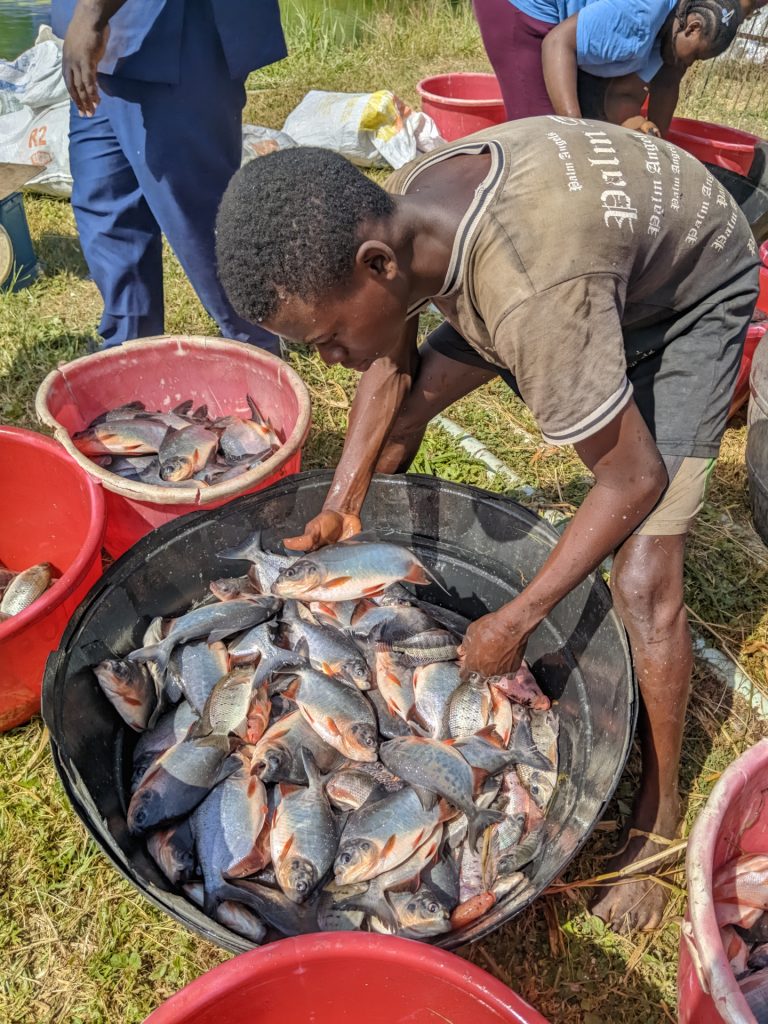
As we’ve explored in this article, Freshwater Brama farming not only addresses the rising demand for fish but also fosters economic development, enhances food security, and promotes environmental conservation. With government support, local expertise, and innovative practices, Freshwater Brama aquaculture is poised to flourish and offer a brighter, more sustainable future for Nigeria’s aquaculture industry.
So, whether you’re a seasoned fish farmer, an aspiring aquaculturist, or a conscious consumer, consider Freshwater Brama as not just a fish but a sustainable solution that exemplifies the potential of aquaculture in Nigeria. Together, we can propel this success story further, feeding the nation while preserving its natural riches.
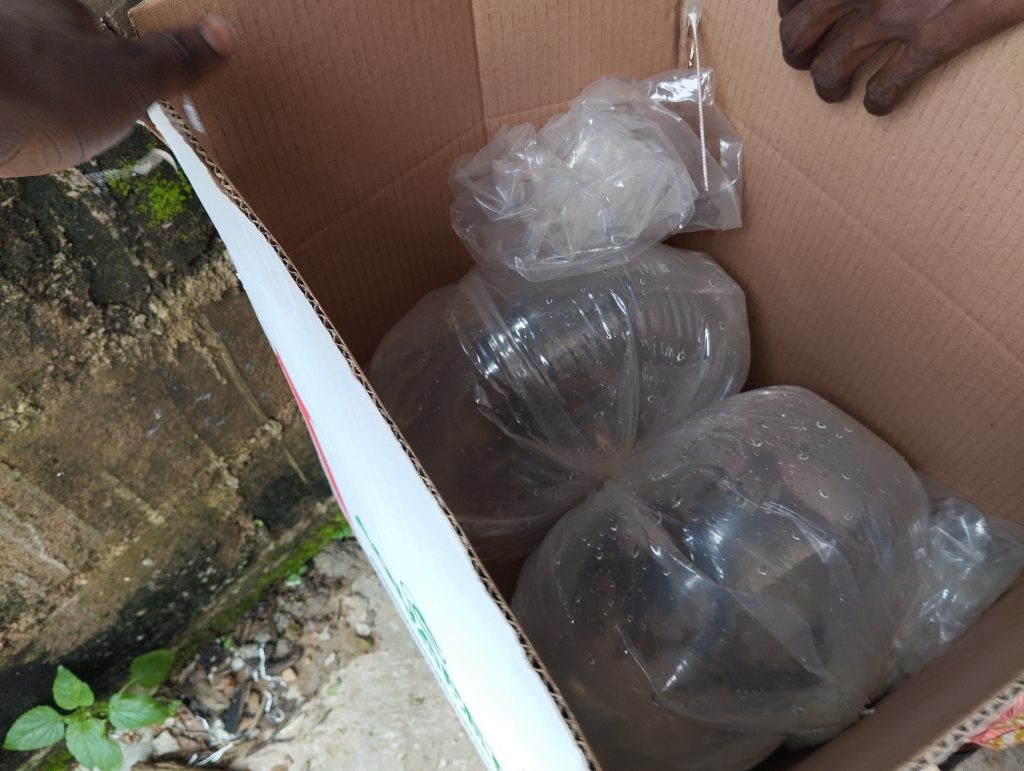
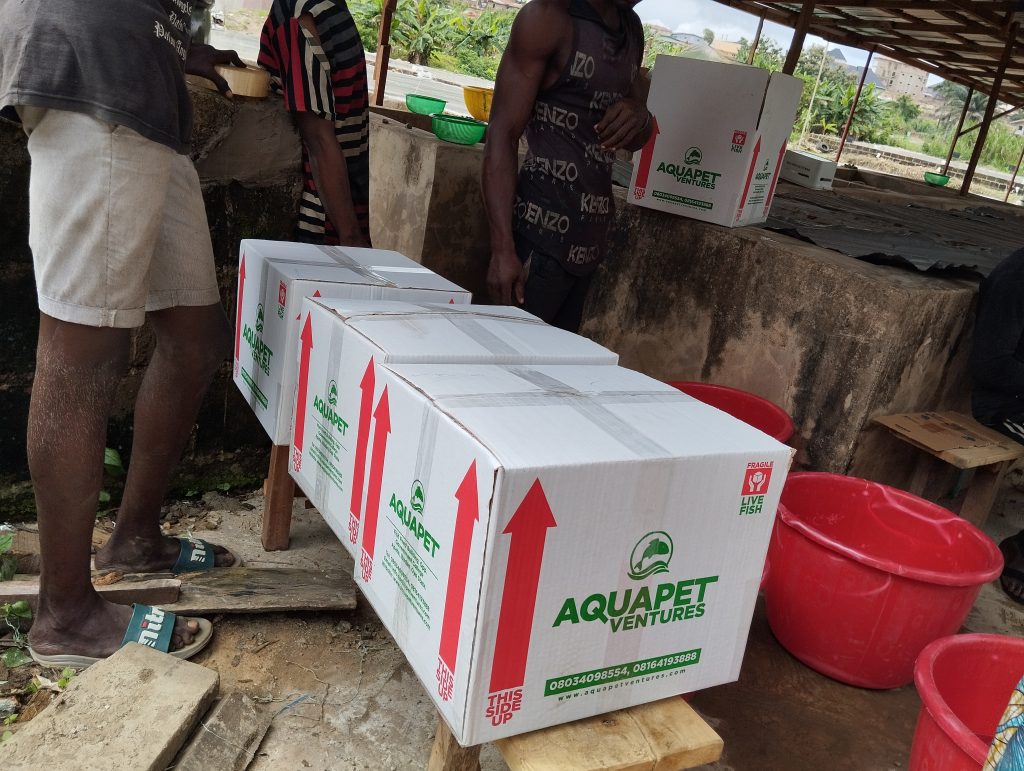
Leave a Reply